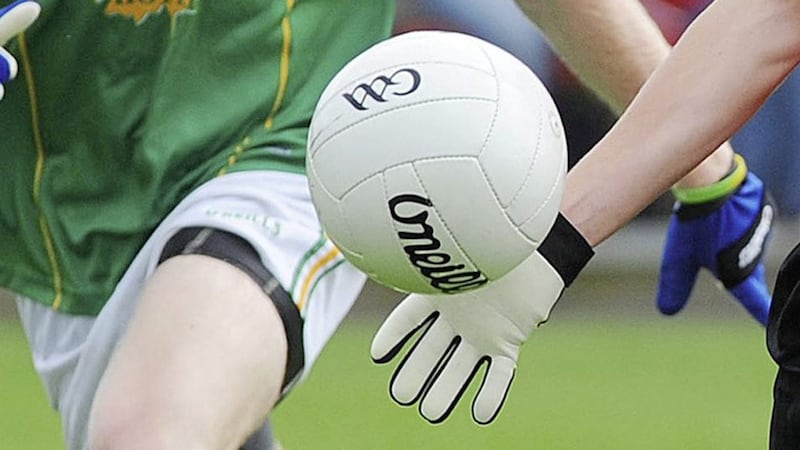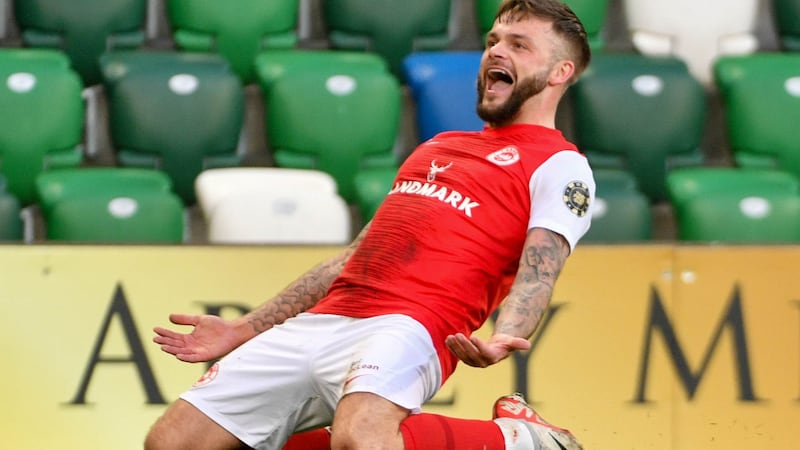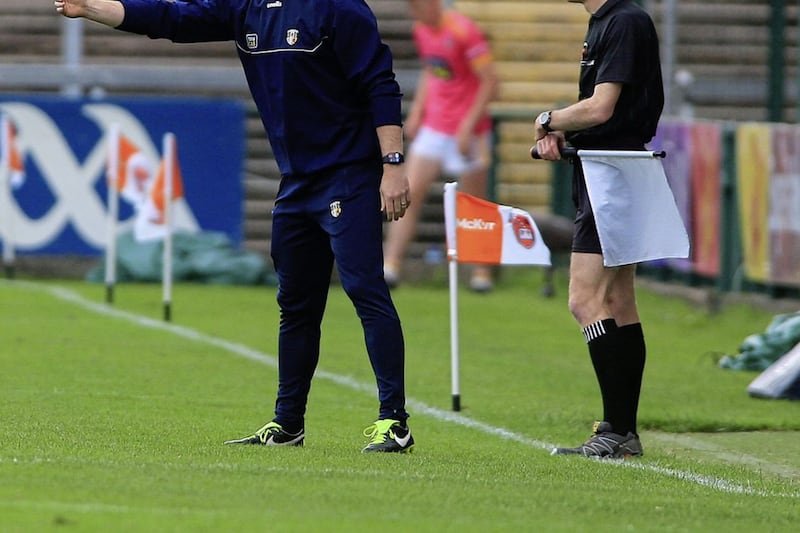The GAA's embrace of the alternative ‘if it ain’t broke, change it anyway’ philosophy shows no signs of easing.
We’ve already had the rule changes and the competition structure remodelled creating a monumental amount of change at one time, now the entire underage structures are for the knife.
The other night at a youth committee meeting I learned of new proposals from the loftily titled “Talent Academy and Player Development” work group in Croke Park which are to come before congress in spring.
The changes I speak of are to convert all counties to a Under 13, U15, U17 and U19 club competition structure.
As per the new modern GAA ‘democracy’, which has obviously became fed up with not being able to effect change, this new proposal, like those at Special Congress, already is being sold as a done deal.
So even though it is dealing with a hugely important issue in a way many would, at the very least, question, there is a feeling of powerlessness to stop it.
So much so that county boards are being encouraged by central council to go ahead and adapt these proposals for next year’s underage club competitions, even ahead of the congress vote.
The main why, behind the changes, appears to be the alignment with the county underage brackets and to help address the drop-out rate between minor level and senior.
By creating an U19 age group, the proponents of the move obviously hope it keeps players engaged for an additional year helping bridge the gap between underage and senior thereby helping more players make that step.
On the face of it that makes sense but it is in the practicalities that I really struggle to see the need, value or likely success of such a significant change.
It all hinges on the manner in which the U19 level is approached.
In effect it will replace the current U20/21 competitions within counties.
Unfortunately, in all the counties I’m aware those competitions are run in a haphazard way, with clubs struggling to field, games run off quickly to get them out of the way, a brief gather up in terms of training and organisation giving no chance to develop players in a meaningful way.
The existing U20/21 level shares these exact same laudable aims as the proposed U19 level yet it has failed to act as anything other than an awkward after thought of a competition to be shoe horned in to some corner of the calendar.
Time and player overlap are the critical reasons for the difficulties at U21 level.
Nearly all club senior teams run for approximately 10 months, from February to October.
That leaves just a few months at the worse time of year to play.
The problem is, to offer a proper developmental level of activity to the hypothetical young footballer who the proposal targets i.e. over 17 but not ready for senior ball, requires a competition level on a par with the current minor grade.
As a recent club minor manager, that entails starting at least six weeks prior to competition and then the three-four months for the competitions themselves giving a five-month stretch of team activity.
That is the minimum amount of engagement with a player over the course of a year if it is not to be a waste of time.
Winter months for this age range will involve exams, school/university football or away from home at university so is already beset with difficulties never mind the issue of actually wishing to play at that time of year.
Given the clear overlap in player base between an U19 and senior team, playing the competition during a clubs senior season will cause significant obvious problems.
Practicalities like are fellas training with the two teams separately, creating significant workload issues for the players, or are the two teams training together, a situation where the 16 year old of the U19 squad could be out training with their senior team.
But then, any amalgamation within the senior team, as with many U21 competitions, means there is not really that focus on that team and the individual players development.
Those challenged most with this change will be the smaller clubs who will have their player resources stretched ever thinner across the new level of competition and require greater input from the volunteers to sustain the thing in terms of time, pitch usage and costs.
Going back to the time issue, the simple fact is that currently, county boards struggle to get the three primary underage grades, U14, 16 and 18 played off with proper time lines and quality of competitions especially when factoring in school and county underage teams activities. To somehow think that an entire new age level can be given appropriate time seems madness to me.
The very real and likely prospect is that U19 becomes the new U21.
A squeezed in, after thought of a competition.
This means for the average 18-year-old, or 17-year-old with a ‘bad birthday’, there final decent underage football is at U17. Rather than bridge the gap, the proposals actually have a greater chance of increasing the gap and thereby the rate of drop-out.
Maybe my pessimism is blinkering me.
Maybe the U19 level can be made work and it turns into a great competition.
What then for the 18- and 19-year-old footballer, they then have a full U19 season to play along with full senior club participation plus school or university ball.
The initial age changes came in to address burnout in elite players yet here we are inserting a new level of competition into which all those players and all their club mates will have to participate in as well.
So if U19 works, we may end up with a situation of burnout in this most difficult of age ranges while the smaller clubs in particular, may struggle to take on the grade.
If it doesn’t work or functions the same as the U20/21 level, then we are killing the players who are not eligible for U17 but who, like the vast majority at that age, are not ready for senior ball.
It all brings me back to the why?
Is the minor level really that broke that we need to take this big leap?
A half-way house of moving age groups to align with school years, e.g. 18½, would keep more involved across the critical age but avoid the entire new age group.
I have no doubt that the people behind this are motivated purely by a desire to improve things so I really hope I am missing the point.
I look forward to reading their full proposals today as the underage changes are just part of a much bigger document aimed at improving the development of our young players.
One thing is for certain though, in no way should they be a foregone conclusion, slipped in to Congress and benefitting from the heft of Central Council votes to get passed in to law, unless the vast majority of club people on the ground definitely support them.
This is too important a thing to be got wrong.








